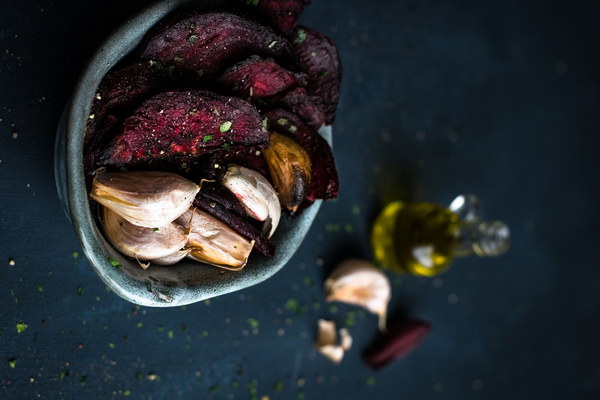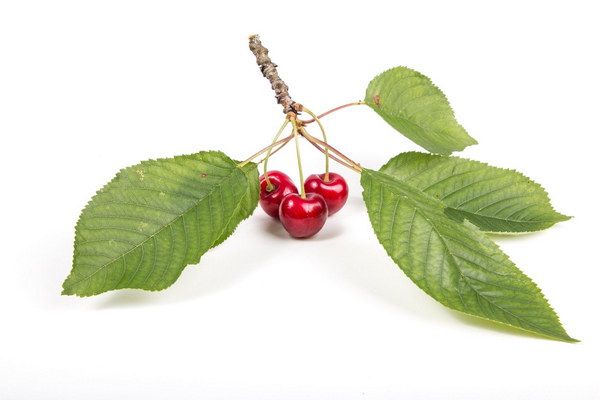Revitalize Your Life A Journey into Traditional Chinese Medicine for Holistic Wellness
Introduction:
In today's fast-paced world, where stress and technological advancements have taken a toll on our physical and mental well-being, it's more crucial than ever to embrace holistic approaches to health and wellness. Traditional Chinese Medicine (TCM) offers a unique perspective on wellness that focuses on balancing the body, mind, and spirit. This article delves into the fascinating world of TCM and provides valuable insights into how you can incorporate its principles into your daily life.
1. The Core Principles of TCM:
Traditional Chinese Medicine is based on ancient wisdom that dates back thousands of years. The core principles of TCM include the concept of Yin and Yang, the five elements (wood, fire, earth, metal, and water), and the importance of Qi (vital energy). These principles serve as the foundation for diagnosis and treatment in TCM.
2. The Importance of Balancing Yin and Yang:
Yin and Yang represent the complementary and opposing forces that exist in the natural world and within our bodies. In TCM, achieving a balance between Yin and Yang is crucial for maintaining good health. A practitioner will assess your Yin and Yang balance during diagnosis and recommend treatments to restore harmony.
3. The Five Elements and Their Connection to Health:
The five elements are interconnected and influence various aspects of our health. Each element corresponds to different organs and body systems, and an imbalance in any of these elements can lead to illness. TCM treatments aim to harmonize the elements to promote overall well-being.
4. The Role of Qi in TCM:
Qi is the life force that flows through the body, maintaining balance and health. TCM focuses on enhancing Qi flow to prevent and treat diseases. Acupuncture, moxibustion, and herbal medicine are some of the techniques used to regulate Qi and improve health.
5. Common TCM Treatments:
- Acupuncture: This ancient practice involves inserting fine needles into specific points on the body to stimulate Qi flow and relieve pain.
- Moxibustion: It involves burning moxa (a substance derived from dried mugwort) near the skin to stimulate Qi flow and promote healing.
- Herbal Medicine: TCM utilizes a wide range of herbs and natural substances to treat various conditions and improve overall health.
- Tai Chi and Qigong: These practices involve slow, deliberate movements and breathing exercises to enhance Qi flow and promote mental and physical well-being.
6. Integrating TCM into Your Daily Life:

To incorporate TCM principles into your daily life, consider the following tips:
- Focus on maintaining a balanced diet that includes a variety of foods from all five elements.
- Practice mindfulness and meditation to reduce stress and enhance mental well-being.
- Engage in regular physical activity, such as Tai Chi or Qigong, to improve Qi flow and promote flexibility.
- Pay attention to your sleep patterns and ensure you get adequate rest.
- Seek professional guidance from a TCM practitioner to tailor a personalized treatment plan for your specific needs.
Conclusion:
Traditional Chinese Medicine offers a profound and holistic approach to wellness that can benefit individuals of all ages and backgrounds. By understanding the core principles of TCM and incorporating its practices into your daily life, you can achieve a state of balance and well-being that extends beyond the physical realm. Embrace the wisdom of TCM and embark on a journey to revitalize your life.









